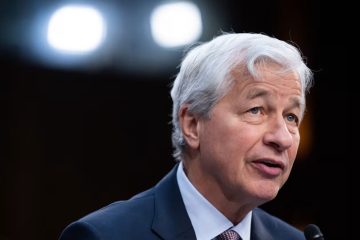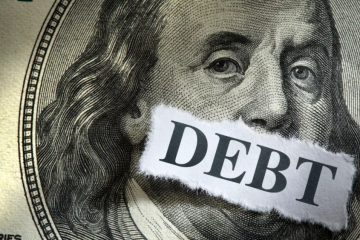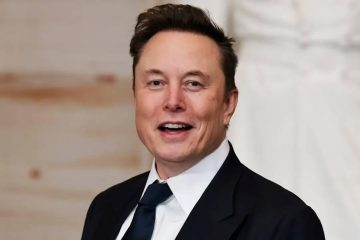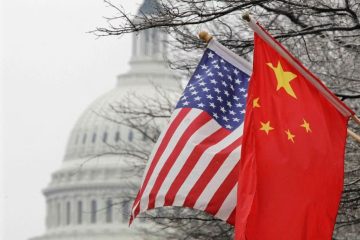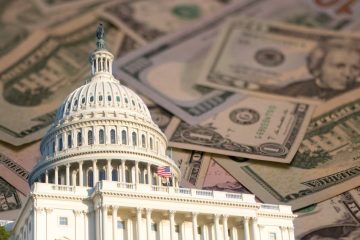Elon Musk Takes a Stand in Defense of Insulting Expressions

Elon Musk is aiming to alienate you. After purchasing Twitter and easing content regulation, his battle to defend free expression was far from over.
It is becoming more apparent that Musk is using strong techniques to safeguard multiple spectrums of expression now that he has owned the social-media platform X for over a year. Meanwhile, there are many who believe his efforts to shield his preferred speech really serve to silence others.
“It’s actually good that I’m reading some things that offend me because that means freedom of speech is alive,” Musk stated this past week during an audio event on X in which he went in depth about his worldview.
He appears to be taking a two-pronged approach: first, he wants to make sure that people may say whatever they want on X without worrying about their jobs. X has become a bastion of hate, according to his outside opponents, and he is actively battling this with lawsuits and his own X megaphone.
As part of his strategy, he has been claiming, with some support from the ACLU, that X is the one attempting to limit free speech. At the same time, some of his backers openly express concern that he’s crossing a line that could alienate customers of his other companies, like Tesla, which makes electric cars.
Musk appears to have borrowed his views on free speech from the techno libertarianism that was popular in Silicon Valley in the 1990s, when he first moved to Palo Alto and was a dot-com bubble dreamer.
During this time, a new wave of techies argued that the free market would determine the most optimal policies, and they sought to limit the role of the government in shaping the internet.
However, Musk seems bewildered and irritated by the free market’s response to his X adjustments today.
Apple and Disney, among others, have pulled their ads from the site out of concern that it may be associated with antisemitism, pro-Nazi rhetoric, and other forms of hate speech, as well as the subsequent disputes over his ownership.
By refusing to pay for ads here, they are essentially expressing their right to free expression.
That, according to Musk, can lead to a society of conformity by stifling unconventional expression. He notoriously ordered advertising to “go f— yourself” in November and went as far as to call it blackmail. On top of that, he demanded the dismissal or cancellation of Disney CEO Bob Iger.
Musk isn’t content to simply hurl f-bombs; he’s also taking a stand against groups that are trying to draw attention to offensive content on the site.
For instance, X sued the Center for Countering Digital Hate in July for research that was critical of X. The report in question stated that out of one hundred posts that the researchers deemed hateful, X had done nothing to remove 99 of them.
X asserted that the group’s findings were incorrect and that some advertisers cut back on expenditure due to the attention. X claims that the center broke the terms of service of the social media site by collecting an excessive amount of public posts, a practice known as “scraping,” which is a crucial element of the case against the institution.
A federal judge in San Francisco has been asked by the center to dismiss the case, and the group is demanding that “this baseless effort to silence honest criticism and punish critics” be eliminated. Thursday has been set aside for a hearing.
In a brief in favor of the center, the American Civil Liberties Union, the Electronic Frontier Foundation, and the Knight First Amendment Institute argued that scraping is a simple digital tool that the public can use to learn about the inner workings of large platforms like X.
Their main point is that the corporation is trying to “punish” the center for “its speech by enforcing its term prohibiting scraping,” which, if granted, would silence critics and provide X a way to circumvent the First Amendment.
While his legal team takes up that cause, he is laser-focused on assisting individuals in their own battles.
Cast member Gina Carano sued Disney earlier this month, asserting that the studio unfairly fired her from “The Mandalorian” series due to her controversial social media statements. X was a supporter of Carano’s complaint. To this day, the case remains unanswered by Disney.
This is Musk’s most publicized commitment to his earlier promise to safeguard his users. “We will pay for your legal fees if your employer treated you unfairly because of what you posted or liked on this platform,” he tweeted in August.
This month, Musk talked about how the company handles doxing, which is when someone harasses someone by revealing personal information online. He said that one of their regulations is to not reveal a user’s true identity when they are using an anonymous account.
Although doxing is not technically criminal, Musk stated during the X audio event that it does violate the right to free expression. “A lot of people risk being fired or socially isolated if they speak their minds, so I believe a nom de plume can be useful.”
For Musk, the problem of doxing has been a constant since he assumed control of X. Musk suspended multiple journalists from X shortly after acquiring the platform in late 2022, citing X’s rules as the reason. It occurred while another X user was being covered in the news for being suspended by Musk for allegedly threatening the safety of himself and his family by utilizing public information to track his private jet.
Because it violates people’s physical safety, we will suspend any account that doxxes their real-time location info. At the time, Musk tweeted that this included sharing connections to websites that provided real-time location data.
When Musk tweeted earlier this month that exposing the real names behind anonymous accounts would lead to suspensions, doxing once again became a problem.
The program started a discussion over anonymous content, namely whether it removes accountability or allows for a free flow of ideas.
Musk posted the remark in reaction to a question tweeted by Silicon Valley investor and longtime friend Jason Calacanis: “Who are you?” This user goes by the handle @KanekoaTheGreat and has over 700,000 followers who are interested in right-leaning content. Country of origin: US, Russia, or China? “So, who’s your boss?”
After he explained that he wasn’t requesting that anyone dox the individual, Calacanis removed the tweets and claimed the user had warned him that his mother was in danger.
Unmasking a critic is powerful, as Musk is well-aware.
Prior to his ownership of the platform, the billionaire exerted pressure on the employer of a prominent critic of his after the person’s identity was exposed on Twitter a few years ago.
The critic, who used the pen name Montana Skeptic, took a break from writing critical comments about Musk. The retired Montana Skeptic is making a triumphant return to X these days.



